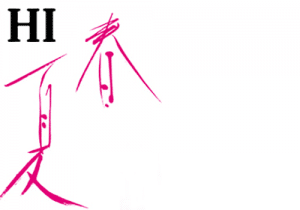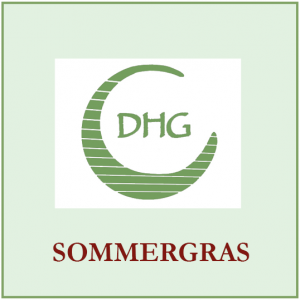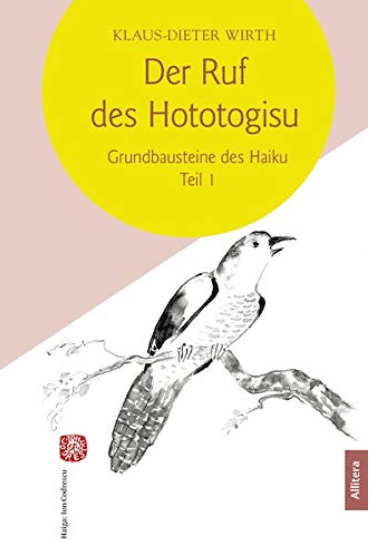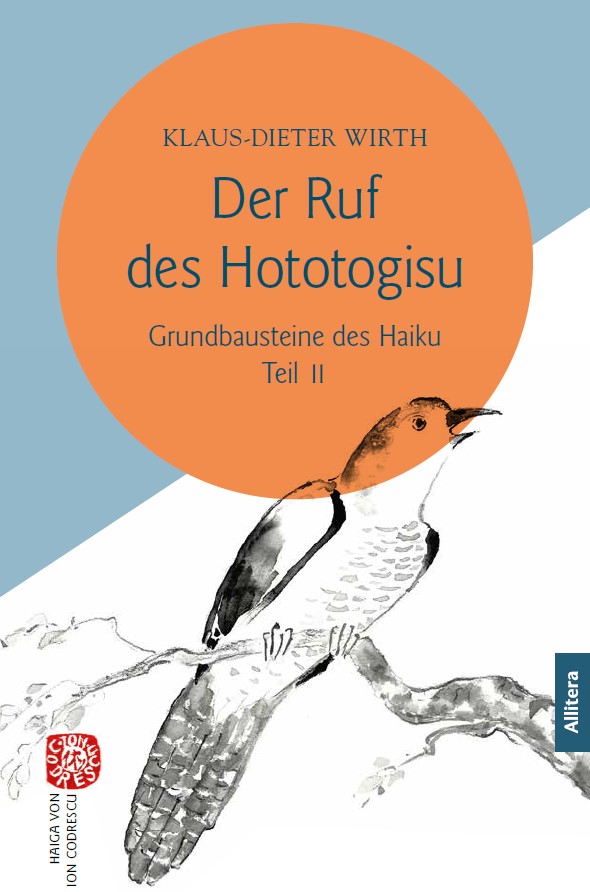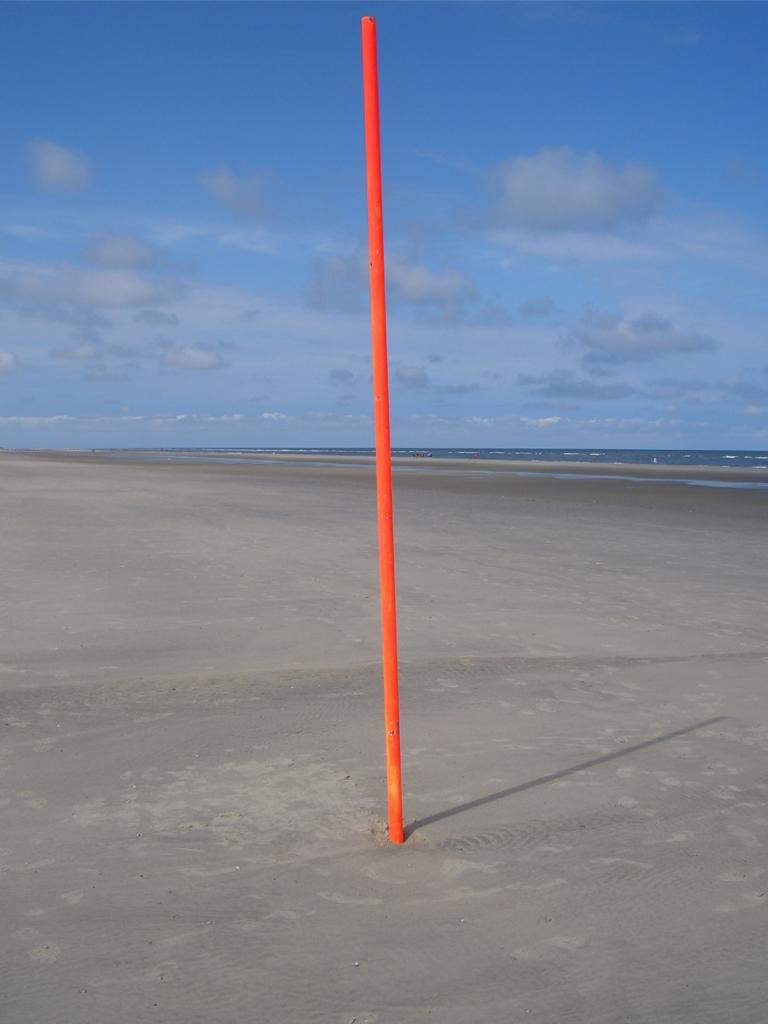Es wurden insgesamt 188 Haiku und 36 Tanka von 71 Autorinnen und Autoren für diese Auswahl eingereicht.
Einsendeschluss war der 15. Juli 2017. Diese Texte wurden vor Beginn der Auswahl von mir anonymisiert. Die Jury bestand aus Ramona Linke, Ruth Guggenmos-Walter und Peter Wißmann. Die Mitglieder der Auswahlgruppe reichten keine eigenen Texte ein.
Alle ausgewählten Texte – 43 Haiku und 6 Tanka – werden in alphabetischer Reihenfolge der Autorennamen veröffentlicht. Es werden bis zu max. zwei Haiku und zwei Tanka pro Autor/-in aufgenommen.
„Ein Haiku/ein Tanka, das mich besonders anspricht“ – unter diesem Motto besteht für jedes Jurymitglied die Möglichkeit, bis zu drei Texte auszusuchen (noch anonymisiert), hier vorzustellen und zu kommentieren.
Der nächste Einsendeschluss für die Haiku/Tanka-Auswahl ist der 15.Oktober 2017.
Jede/r Teilnehmer/in kann bis zu fünf Texte – davon drei Haiku – einreichen. Mit der Einsendung gibt der Autor/die Autorin das Einverständnis für eine mögliche Veröffentlichung auf http:/www.zugetextet.com
Jedes Mitglied der DHG hat die Möglichkeit, eine Einsendung zu benennen, die bei Nichtberücksichtigung durch die Jury auf einer eigenen Mitgliederseite veröffentlicht werden soll.
Eingereicht werden können nur bisher unveröffentlichte Texte (gilt auch für Veröffentlichungen in Blogs, Foren, soziale Medien und Werkstätten etc.). Bitte keine Simultan-Einsendungen!
Es gibt ab jetzt die Möglichkeit, die Haiku/Tanka selbst einzutragen:
DHG- Webseite/Aktivitäten/Haiku-Tankaauswahl/Onlineformular
Oder bitte senden an: auswahlen@deutschehaikugesellschaft.de
Da die Jury sich aus wechselnden Teilnehmern zusammensetzen soll, möchte ich an dieser Stelle ganz herzlich alle interessierten DHG Mitglieder einladen, als Jurymitglied bei kommenden Auswahl-Runden mitzuwirken.
Petra Klingl
Ein Haiku, das mich besonders anspricht
schreibe meinen Namen
in den Sand
und werde MeerAnke Holtz
Ein kraftvoller Strom. Über ausladende Felsformationen hinweg stürzt er als Wasserfall in die Tiefe. Während dieses Hinabstürzens lösen sich einzelne Tropfen aus ihm heraus und schweben einen Moment lang funkelnd in der Luft, bevor sie sich wieder mit dem tosenden Wasserfall vereinigen. In der Tiefe angekommen setzt der Strom seinen Weg fort.
Nichts hat mir je besser das Geheimnis des Seins und der menschlichen Existenz verdeutlichen können, als das der daoistisch-buddhistischen Tradition entstammende Bild vom Strom, der für einen kurzen Moment seine Form verändert, doch dabei immer der Strom bleibt. Der Strom: Das ist das ewige Sein und die über dem Abgrund tanzenden Wassertropfen, das sind wir, die Menschen. Wir stammen aus dem großen Strom, wir kehren zu ihm zurück, und nur für eine winzige Zeitspanne sind wir das, was wir so hoch schätzen und überschätzen: individuelle irdische Existenzen.
An dieses Bild musste ich sofort denken, als ich das Haiku las. Irgendjemand schreibt seinen Namen in den Sand. Der Name ist das, was vermeintlich am deutlichsten Zeugnis ablegt für unsere individuelle Existenz als Mensch und als unverwechselbare Person. Doch ist er nur in den Sand hineingeschrieben, in unsicheres Terrain sozusagen, und auf Zeit. Denn schon beginnt das Meer zu züngeln, seine Wellen vorzuschicken, bis diese schließlich den Namenszug im Sand auslöschen oder anders ausgedrückt: wieder heimzuholen. Ich werde Meer.
Für mich thematisiert das Haiku, ebenso wie das Bild vom Strom und Wasserfall, die große Frage nach dem menschlichen Sein und dem Sein an sich. Und das stellt normalerweise ja eine Herausforderung dar, bei dem die Gefahr des Scheiterns übergroß ist. Davon zeugen viele Kurzgedichte, die als künstlich gewollt und arg konstruiert daherkommen. Dieses Haiku aber ist anders. Eine Beobachtung am Strand, drei Zeilen, dreizehn Silben, einfache Worte: Sand, Name, Meer. Das ist alles. Aber alles ist drin.
Ausgesucht und kommentiert von Peter Wißmann
Ferienende
das Ächzen
der BeichtstuhltürRuth Karoline Mieger
Es ist nicht der Beichtstuhl selbst, der da ächzt unter der Last der Sünden aller Unkeuschheiten dieser Sommertage und -nächte und auch nicht der verborgen sitzende Pfarrer, der geradezu „verdammt“ ist auszuharren.
Es ist die Beichtstuhltür.
Ob sie stöhnt, weil sie so oft auf- und zugemacht wird.
Oder ist es die eine, einzelne Gestalt, die sie ächzen lässt beim Betreten des Beichtstuhls – und beim Verlassen ächzt das Türchen dann auch noch?
Mit leisem Humor wird im Haiku eine Szene beschrieben, die die Fantasie anregt.
Wie nebenbei geht es um die großen Themen Liebe, Schuld und Hoffnung auf Vergebung.
Ich kann mich an diesem Haiku immer wieder erfreuen.
Ausgesucht und kommentiert von Ruth Guggenmos-Walter
Raureifmorgen
Möwen kuscheln sich
an ihre SchattenKlaus-Dieter Wirth
Wie die Menschen ziehen bei Kälte wohl auch die Möwen die Köpfe ein, damit schrumpfen ihre Schatten bzw. werden rundlicher. Aber es ist nicht nur so, dass die Möwe und ihr Schatten damit enger zusammenrücken. Die Vögel „kuscheln sich an“ – und das drückt für mich ein Schutzsuchen wie in einem Nest aus, aber auch ein sich Wohlfühlen. Den Möwen macht der Raureif nichts aus, sie erwarten in-sich-geschützt den Morgen.
Und was für ein schönes Verhältnis eines Lebewesens zu seinem Schatten!
Eine „kleine“ Beobachtung, sehr persönlich in einem interessanten Bild interpretiert.
Eigentlich für mich das, was ein gutes Haiku ausmacht.
Ausgesucht und kommentiert von Ruth Guggenmos-Walter
Genesung
meine Hand zittert
ein HaikuFriedrich Winzer
War zuerst die Genesung da oder tritt die Genesung erst ein, als die zittrige Hand das erste Haiku schreibt? Vielleicht zittert sie es auch in die Luft.
Das Haiku beschreibt einen Wendepunkt – und mit dem „meine Hand zittert ein Haiku“ – finde ich es sehr berührend ausgedrückt.
Ausgesucht und kommentiert von Ruth Guggenmos-Walter
Die Auswahl
Abendlicht –
die alte Nachbarin
pflanzt VergissmeinnichtEllen Althaus-Rojas
Einsetzender Regen
Halme und Menschen
richten sich aufEllen Althaus-Rojas
Kräuterbeete
der Gärtner trocknet
SommerdüfteChrista Beau
Mitternacht
die Buchseiten des Krimis
knisternChrista Beau
in der Kapuze
nach dem Blaubeerpflücken
eine Handvoll WaldChristof Blumentrath
erste Rostflecke
auf den Blättern der Linde –
wir beide erröten …Gerd Börner
Ins Tümpelidyll
der brüchige Steg
wie jeden MorgenHorst-Oliver Buchholz
vertraute Handschrift
Liebe
verstaut in SchachtelnStefanie Bucifal
Morgendämmerung.
Eine Amsel zieht
alle Register.Reinhard Dellbrügge
endlich zu Ende geträumt
den Traum
von den blauen PferdenFrank Dietrich
Stand auf dem Flohmarkt.
Für das Herbstlaub
bietet niemand.Volker Friebel
der Junge
Schneebälle wirft
für sich alleinGregor Graf
Tonarten …
Das Wässern der Salzgärten
mit der Abendflut.Hans-Jürgen Göhrung
Totenwache.
Er blättert zum Ende
des Buchs.Hans-Jürgen Göhrung
Regennacht –
unter blankem Himmel
der Duft des HerbstesTaiki Haijin
Gewitterwolken
ein Vogelschwarm wechselt
die FarbeGabriele Hartmann
historischer Markt
brüchige Landkarten
vom FriedenMartina Heinrich
schreibe meinen Namen
in den Sand
und werde MeerAnke Holtz
im Rosengarten
unter all den Schönen
keine, die duftetAngelika Holweger
Gebückt betend,
die Alte am Straßenschrein,
rosa blüht Klee.Saskia Ishikawa-Franke
Neues Lebensjahr
immer wieder die Fähre
zur nächsten InselPetra Klingl
Blonde Zöpfe
langerwachsene
GedankenHildegard Korsten
staubige Straße –
komm mit kleine Ameise
ich zeig dir das MeerEva Limbach
Abenddämmerung –
Vater sitzt
in meinem SchattenEva Limbach
Ich pflücke Blumen –
eine nach der anderen.
Den Mohn lass ich stehn.Karina Lotz
An der Tram-Halte –
der Wind lässt’s Friedhofstürchen
dann doch einklickenHorst Ludwig
Ferienende
das Ächzen
der BeichtstuhltürRuth Karoline Mieger
Kraniche rufen
unser Schweigen dreht sich
himmelwärtsRuth Karoline Mieger
verlassenes Haus
im Wind das Klagen
der PforteEleonore Nickolay
Mondsichel
ein weiteres Mal
verzeihe ich ihmEleonore Nickolay
Ehrengast heut nacht.
In der skyline von Manhattan
Der vollmondRené Possél
die Zecke
unter dem Auge
tagelang übersehenPetra Quintus
auf dem weg zur alm
unter den rädern das knirschen
der häuserSonja Raab
mandelkerne –
bitter der Nachgeschmack
deiner worteBirgit Schaldach-Helmlechner
nachtigall …
das flüstern der bäume
ums verkaufte hausHelga Stania
goldhochzeit
die störche tragen den
sommer fortHelga Stania
Kunstwanderweg
ein alter Graswender
wird zum ShootingstarBrigitte ten Brink
im krummen Wald
keiner kennt das Geheimnis
seiner GeburtBrigitte ten Brink
Geborgenheit
der Schattenbaum
im alten FriedhofErika Uhlmann
Genesung
meine Hand zittert
ein HaikuFriedrich Winzer
Monatsende
der Leergutautomat
spuckt StützeFriedrich Winzer
Flamingos
Flamingos im Abendrot
AbendrotKlaus-Dieter Wirth
Raureifmorgen
Möwen kuscheln sich
an ihre SchattenKlaus-Dieter Wirth
der Mond entfernt sich
3,82 cm pro Jahr
von der Erde…deine Finger gleiten
aus meiner HandFrank Dietrich
was für einen Brief
er heute erhalten hat
mag ich nicht fragen
so schneide ich schweigend
die Stiele der Rosen anGabriele Hartmann
Italiener
will er sein
doch jede Nacht
träumt er
von PalmyraGabriele Hartmann
Hospizstation
in kühler Stille
ein leises Gurgelndas Lied der Amsel
vor der NachtMargareta Hihn
früh erwacht
sah ich den vollen Mond
tief am Horizont
schien er
der Amsel zu lauschenAngelica Seithe
Blickweit das Korn
in sanften gelben Wellen
wo versteckt es sie
die blaue Namensblume
und den leuchtend roten MohnErika Uhlmann


